A Short History of Nearly Everything; a review
This isn't your typical dry and unimaginative bible-papered textbook given to children who would much rather be outside.

"A Short History of Nearly Everything" isn't your typical dry and unimaginative bible-papered textbook given to children who would much rather be outside. It is a guide on how to make science digestible for our fickle and inattentive brains. Written less like an instruction manual and more like a narrative, Bill Bryson's scholarly journey through the millennia of scientific development reveals not only the personalities of the figures who have contributed to our understanding of the world, but also his personal experience writing it[1].
To have created such an engrossing confluence of pop-sci entertainment and pro-sci rigour, Bryson must have felt the same awe in researching the subject as he had hoped to elicit in the reader. This book reminded me of Richard Feynman's[2] short tenure reviewing textbooks at California's State Board of Education[3]. One of his many conclusions was that candidate textbooks were hurried, littered with factual flaws and were clearly written by someone who either didn't quite understand (or perhaps didn't care) about the subject matter. I'm glad to say that this isn't the case here[4].
As with all literature that is worth consuming, it begs the reader to examine humankind at the existential level too. Almost too heavy-handedly, the book hammers home the point that we, as human beings, are inexplicably lucky to exist. If our world was a little warmer for a little longer, our primate ancestors may have been devoured when climbing down the trees in Africa by gargantuan carnivores. And that would have been the end of that.
In contrast to the question of whether we belong in the universe, our understanding of it seems inevitable. Scientific development has been and is a demonstrably iterative and almost deterministic process. To give one example of many, Charles Darwin's theory of evolution could easily have been Alfred Wallace's. After sitting on his unpublished theory for decades, Darwin would have been beaten to the punch[5] if Wallace had not written directly to Darwin with his findings pre-publication. Perhaps the only certainty the world gives us is that we will keep finding out more about it.
Incredibly funny and informative. You'll be asking why you didn't enjoy your education quite as much as this.





